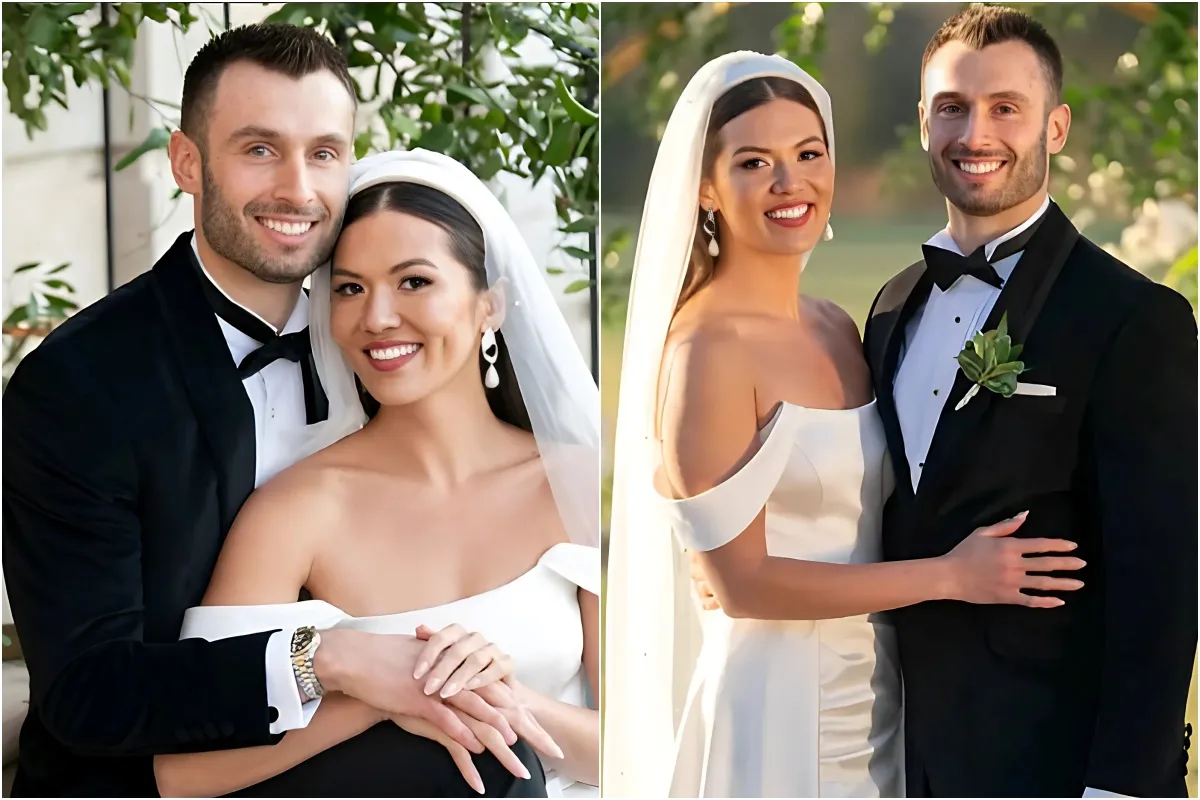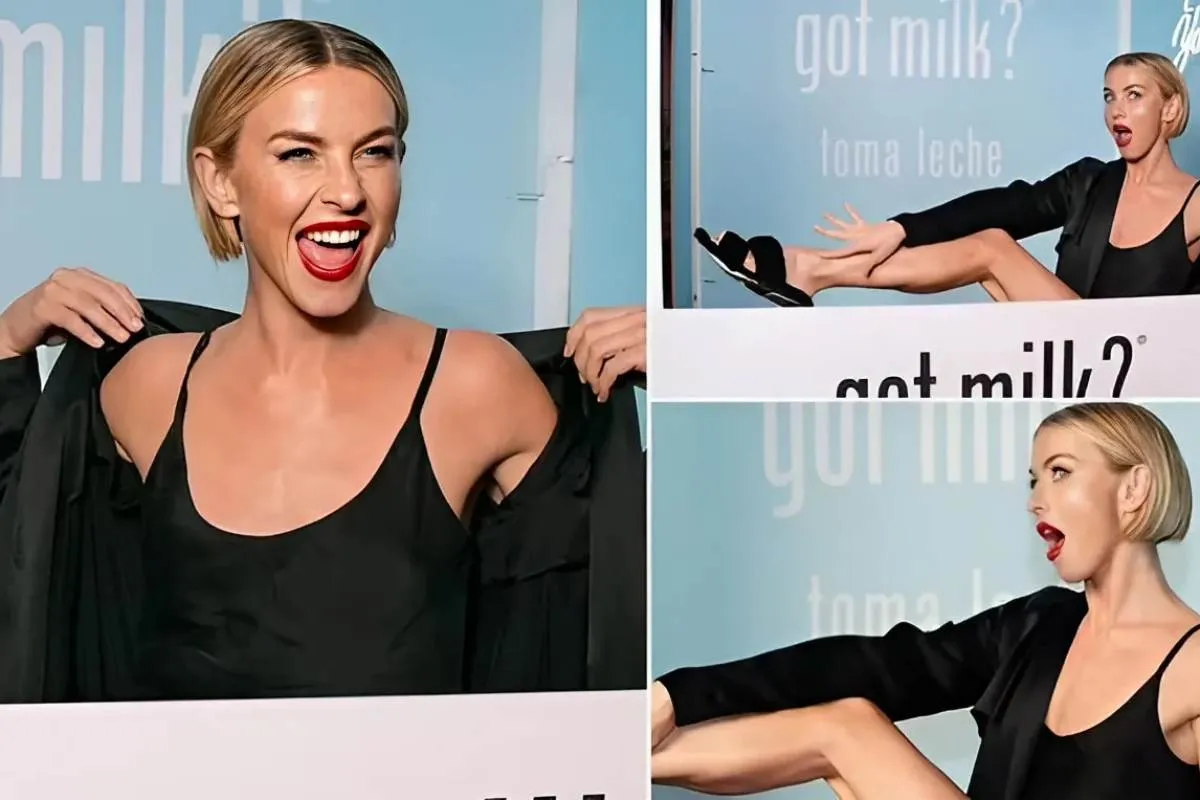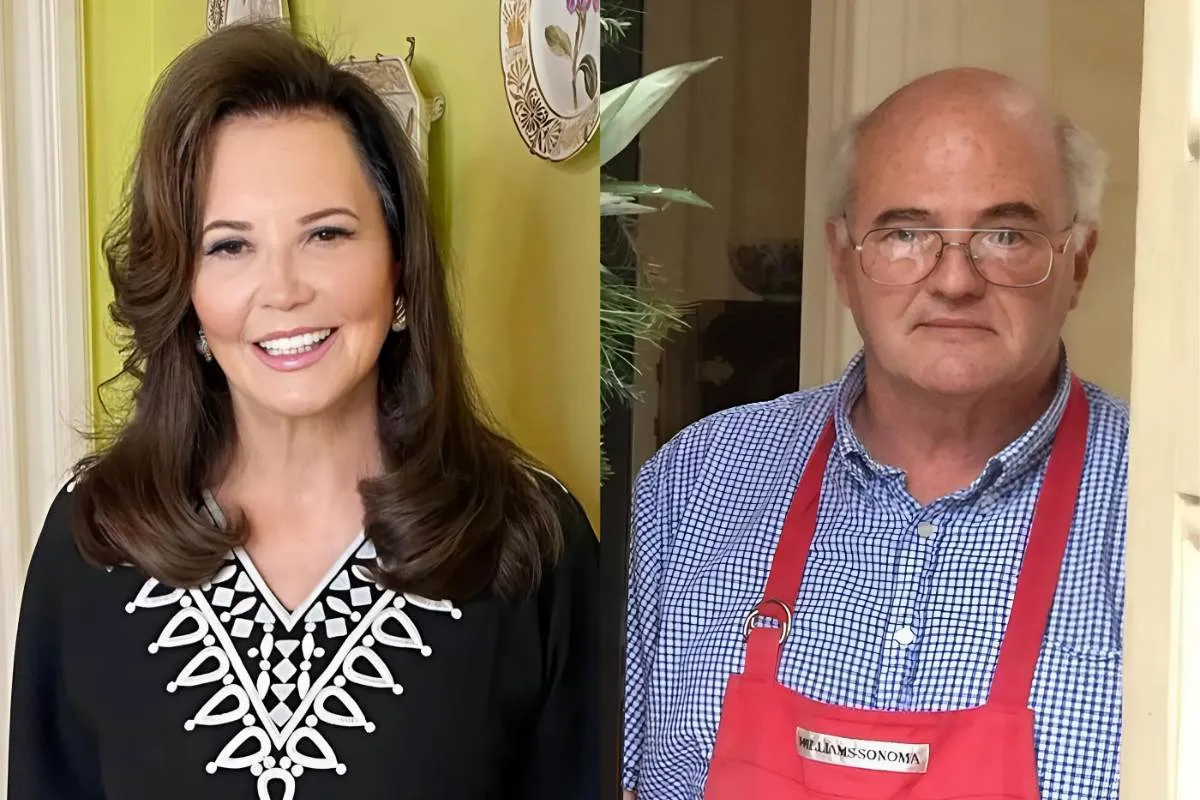The Capitals are 2-for-40 on the man advantage since Oct. 17, and their power play ranks last in the league.
There was a time in Washington Capitals history where power-play goals were almost a guarantee. Now, it's taken a step back.
Washington's power play, which has ranked top-5 in the league seven times since the 2009-10 season, has seen a decline over the last couple of seasons, and it's hit a breaking point this year.
The Capitals have looked underwhelming on the man advantage, to say the least. They are currently 4-for-46 this season on the man advantage, and they've gone 2-for-40 since Oct. 17. Their 8.7 power-play percentage currently ranks last in the league.
While Washington's still been able to find ways to score at even strength and win some tight games thanks to its significantly improved offense — which is impressive in its own right — special teams can make or break a team in a tight game, evident by the 4-2 loss to the Pittsburgh Penguins on Friday in which D.C. went 0-for-3 on the man advantage.
That said, maintaining a high place in the standings will become significantly more difficult as the season goes on, and last year's Philadelphia Flyers are a good example, as their last-place power play assisted in their eventual collapse.
Put simply, trying to maintain a top record in the league without playoff scoring is analogous to playing NHL on hard mode.
So, how do the Capitals dig themselves out?
Defenseman John Carlson pointed to the team's breakouts, saying that their initial entries need to improve, while also citing how it needs to capitalize early on the man advantage.
"Our breakouts have been hit or miss, and then kind of an indicator of getting that first really good setup or getting them on their heels right away," defenseman John Carlson said. "That's important, that's probably the biggest area that we haven't done this year."
Looking at the advanced stats, Washington has struggled to get shots on net, managing just 52 shots over 46 total opportunities. Several attempts have been blocked, and not all of their shots are high-quality ones; the Capitals' man advantage has a scoring-chances-shots-for percentage (shots that are scoring chances for your team) of 81.4 percent, the third-worst in the league.
The numbers are reflective of what the players are seeing on the ice.
"The chances are there, the plays to be made are there, so our execution and/or just putting them in when we get a good chance. I can picture four or five of myself that — not all of them are going to go in, but you think maybe one or two of them would," Carlson said.
This is obviously been of concern to Spencer Carbery and company throughout the early going.
"If you can't enter the zone and you can't recover the puck, you have no o-zone time, you have no chances, you have no shots. Everything after that is irrelevant, so that's where it starts," Carbery said. "If you can't enter the zone or recover a puck, everything else, —that's where it starts, that's the base level. We haven't been able to do that consistently and we got to do a better job."
Power-play coaches Kirk Muller and Mitch Love have mixed up the lines on multiple occasions, swapping out personnel in hopes of finding the perfect combination. However, nothing has led to a straightforward solution.
"I would say that there's been times where nothing's clicking on it," Carlson said. "You're kind of in-between on you know, do we oversimplify this because it's not scoring us goals, or do you think the tide's just gonna change with those good chances that we're getting?"
So, what does it all mean?
Putting this all together, the Capitals are getting the shots and the high-danger chances — at least comparable to the league's other top-rated teams. Things don't look bad to the eye; passes are there, there are looks, and the team is able to sustain some zone time.
As history shoes, as the Capitals continue through the season and improve their zone entries and recoveries, the chances should start to convert to goals.
In the end, the biggest thing the Capitals (and fans) need to do is not panic. There's still plenty of time to work out the power-play woes, which in reality, appear bigger than they actually are.
Realistically, ironing out the small wrinkles, like zone entries, will lead to increased time in the offensive zone, and a greater chance of those shots seeing the back of the net. The key here is the Capitals will need to actually start converting on these shots.
My take? Give it time. The goals will come. After all, the talent is there, as Alex Ovechkin, Dylan Strome and Connor McMichael, among others, are too skilled to be stagnant for too long.
And ultimately, that's the plan for Washington.
“We’re just going to have to find a way to continue to work at it," Carbery said. "It’s evolved without (Evgeny Kuznetsov), (Nicklas Backstrom) and (T.J. Oshie) now. And so we’re going to have to figure out a mix of who those players are, the options that best suit those players and their skill sets, and we’re still working our way through that.”



